ChatGPT Sparks Cheating Concerns
Is the viral chatbot viable in an academic environment?
“As artificial intelligence technology continues to rapidly advance, ChatGPT, a large language model created by OpenAI, has become a notable example of the capabilities and potential of this emerging field.”
At least, that’s what it says. We asked it to write the first sentence of this article.
ChatGPT, Bing Chat, Google’s Bard, or one of the many other new artificial intelligence softwares have upended the education world since being introduced late last year..
OpenAI’s revolutionary GPT software—which is used by ChatGPT—has gone viral for its incredible ability to not only answer questions but to generate specific, eloquently written responses to the complex tasks it is given. Put simply, ChatGPT is a free-to-use robot that can do homework, create images and, even, compose essays on the spot.
So, how does the service work? Users type a prompt into the search bar and will be instantly provided with the chatbot’s response—whether it be an essay, advice, pro/con list, timeline, or even the entire code for a basic application. The software does a surprisingly error-free job of responding to prompts in a way that is accurate in structure, grammar, spelling and punctuation.
And that has got teachers worried.
English teacher Matthew Valencich expressed his concerns about students using ChatGPT to cheat.
“It can take cheating or plagiarism to the next level, so to speak, because it can incorporate style and tone,” he said. “You can give it a specific teacher prompt, and it can come out with something very, very rapidly. That allows students to cheat very easily.”
Nevertheless, Valencich has already taken measures to prevent cheating attempts.
“I try and make the [essay] topic as original as possible, so you’d have to basically be within the class and the context of certain readings,” Valencich said.
After reading a set of anonymous essays written by ChatGPT and actual students, AP English teachers Michael Mahoney and Adam Bearson admitted that they had a hard time flagging the chatbot essays–and that’s when they knew at least one essay was a cheat.
“To be quite honest, in an AP class, I’m collecting 80 to 90 essays all at one time,” Mahoney said. “I’m going through a lot of essays at once and not necessarily looking for evidence that this was written by a robot. There’s nothing in here (in the ChatGPT paper) that would make me stop and say, ‘This is a robot’.”
Nevertheless, Mahoney observed that thus far the best human-written pieces were of invariably superior quality to anything cooked up by ChatGPT. He speculated that fine-tuning the instructions fed to the software could produce a more life-like, and therefore harder-to-spot, essay.[/sidebar]
It’s not just humans who are worried, either.
When asked if it was concerned that language models like itself could be used by students to cheat, Bing Chat responded, “I am concerned about that possibility. I think language models such as ChatGPT and myself are meant to be used as tools to assist and inspire people, not to replace their own efforts and creativity. I believe that cheating at school is not only dishonest, but also harmful to one’s own learning and development. I hope that students will use language models responsibly and ethically, and not rely on them to do their work for them.?”
Meanwhile, Google’s Bard chatbot weighed in with, “I believe that cheating is wrong, and I do not want to be used to help students cheat. I want to be used to help students learn and grow, not to help them cheat.”
But students don’t share the ethical qualms of robots.
Rio students have told the Mirada that they have already used ChatGPT for essays and assignments. It is an easy way to instantaneously generate presentable written work.
“I like it. I think it’s interesting, because it responds like a human even though it’s a robot,” said one senior, who like all students interviewed for this article asked not to be identified. “It can remember things you’ve said and process that.”
In what may be a simultaneously surprising and comforting response for Rio’s teachers, students do not seem to be reliant on the new technology. One Rio senior told the Mirada that he does not use ChatGPT for his homework.
“I tried one time and I got a bad grade,” he said.
Other students view ChatGPT as one more tool.
“I love ChatGPT,” another student said. “It’s helpful. It aids me in my essay-writing process and gives me good information. I put in a prompt into the engine and then it spit it out, a response that would be helpful in my essay-writing process, like in English class.”
So while ChatGPT may be a useful tool, it has not proven itself to be a replacement for genuine work. Additionally, programs like turnitin.com—which Rio uses—have updated their softwares to check for chatbot-generated writing.
It also comes with several limitations for the user, namely its accessibility. Because of its extreme popularity and user demand, ChatGPT is quite frequently “at capacity,” meaning users may have to wait hours to use the website.
On top of that, even though ChatGPT is grammatically correct, its responses are not always factually accurate.
Despite these shortcomings, the software has permanently affected classrooms nationwide.
“It’ll shift the kind of assessments that teachers give,” Valencich said.
He believed that instructors will be more reluctant to assign take-home essays that give students the opportunity to misuse the chatbot.
This may not be the final change, either—ChatGPT is just the beginning. OpenAI has already released a successor software, GPT-4, which has displayed significantly more linguistic prowess than its predecessor. Although the full implications of ChatGPT’s creation are not yet clear, one thing is: the chatbot is just the harbinger of the AI age to come. Said one Rio senior, “It’s gonna take over the world.”
But if you have to write an essay on the future of AI, a chatbot might not be much help.
Asked for a response about how AI is changing education, ChatGPT’s creator OpenAI did not respond to a request for comment.
Adam Abolfazli is a senior at Rio Americano and the editor-in-chief of the Mirada.

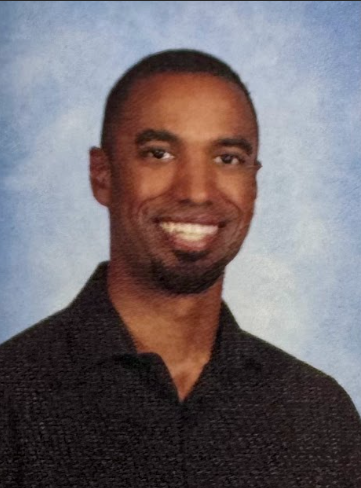
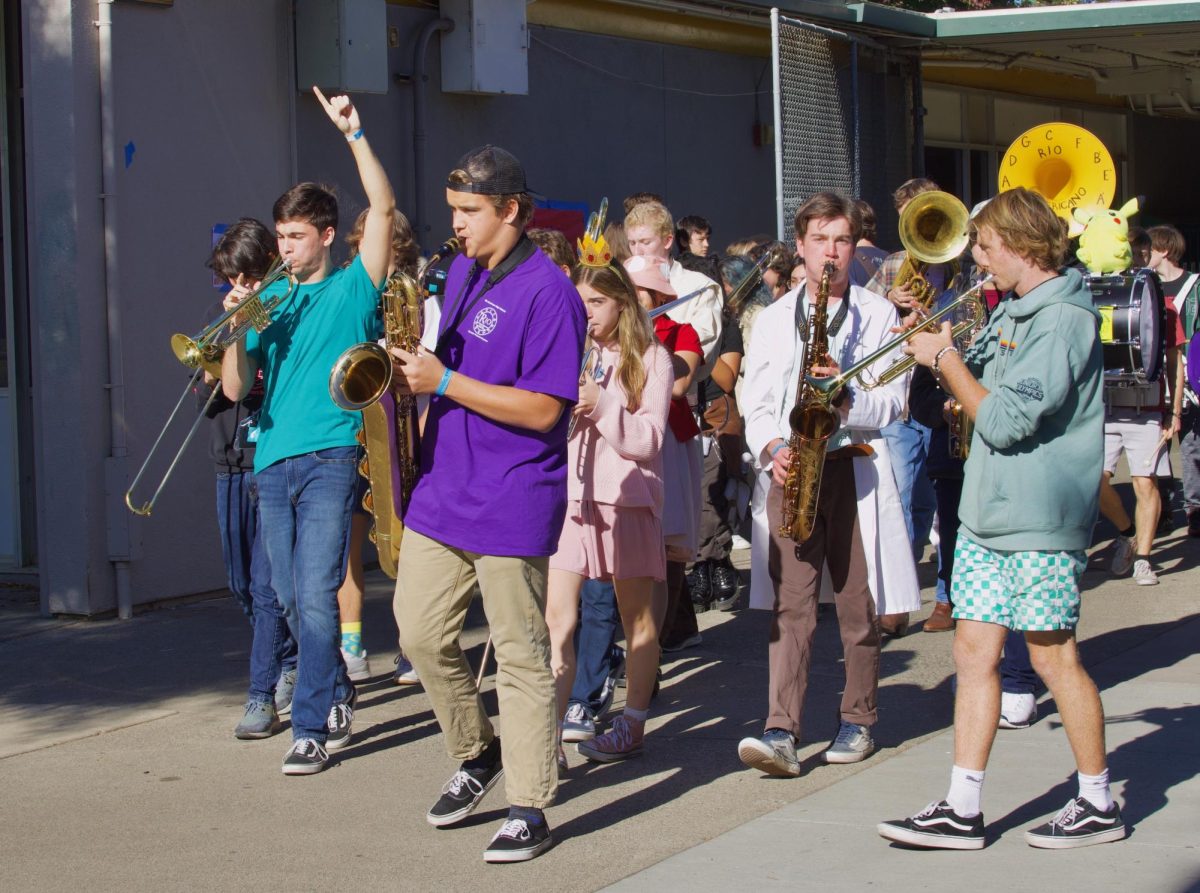


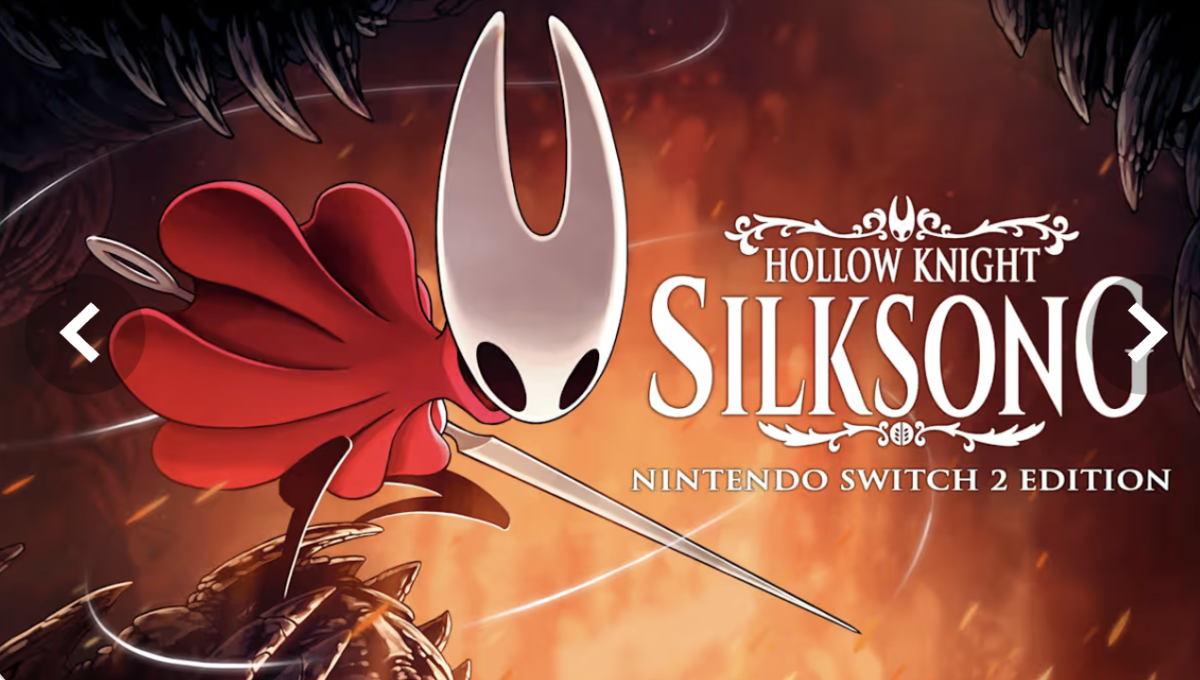








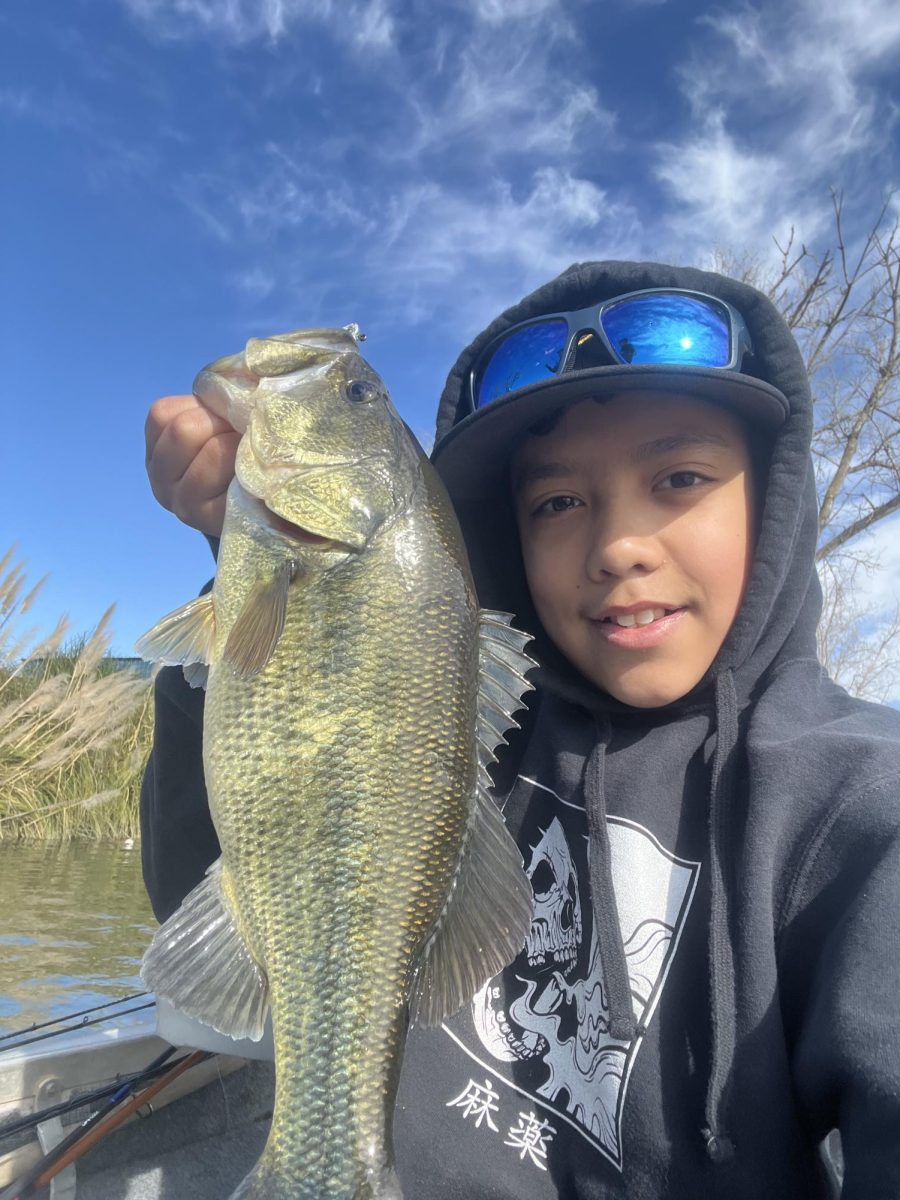













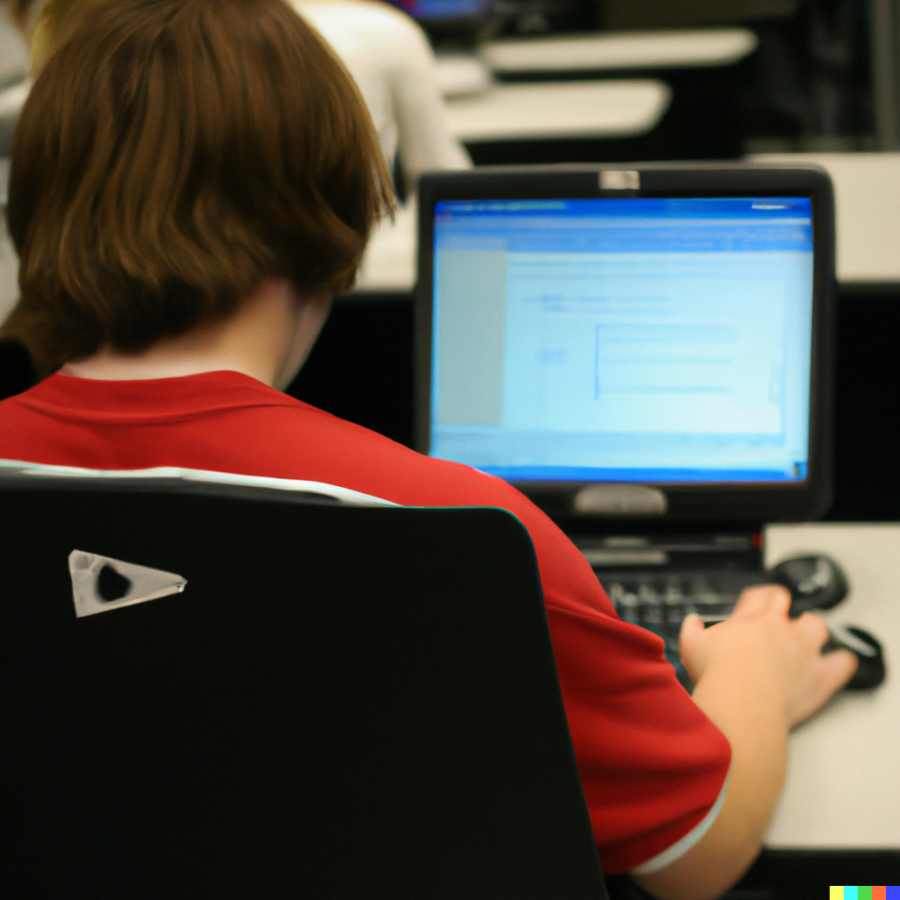

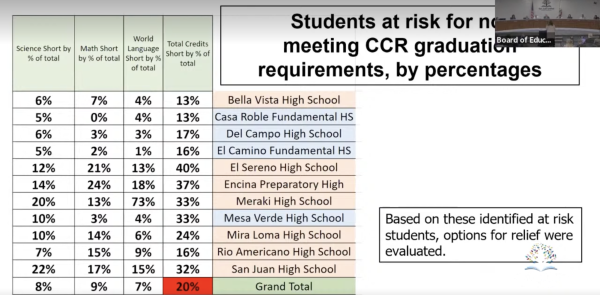
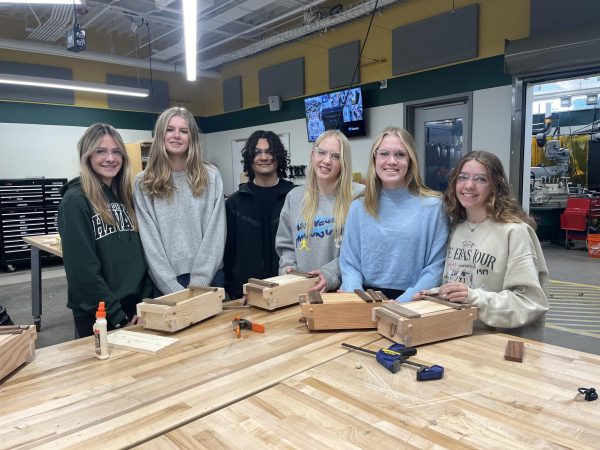
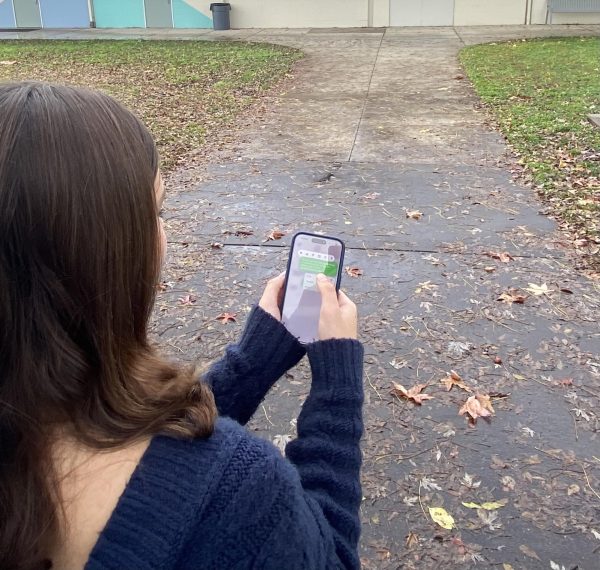
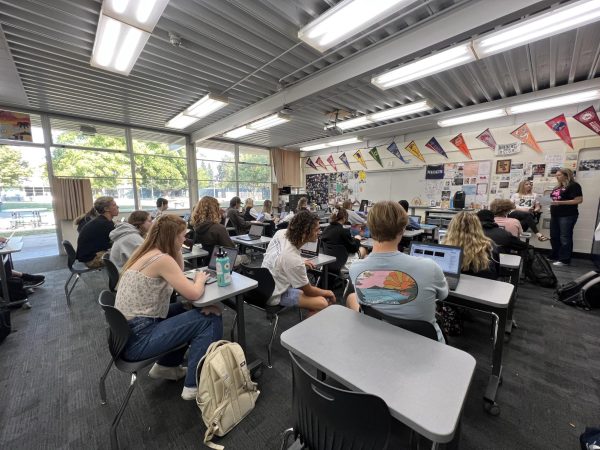
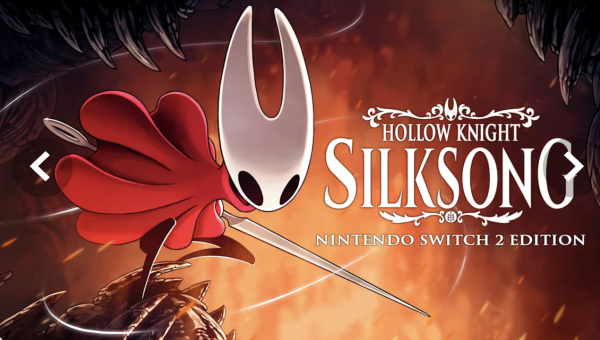

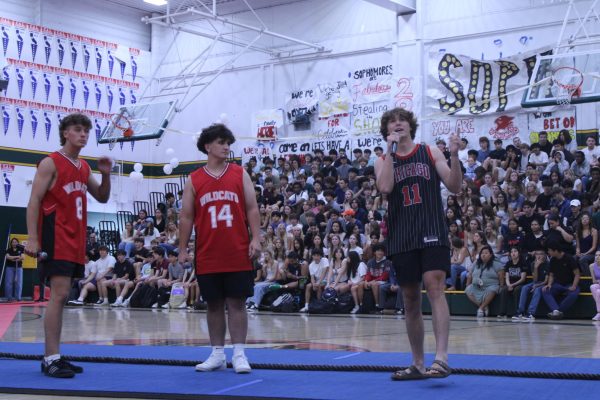
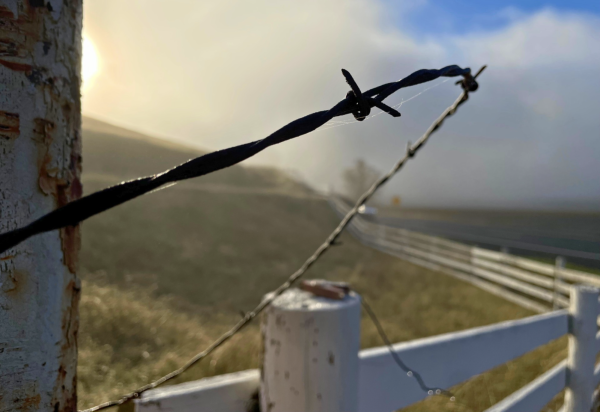
Kevin • Oct 16, 2023 at 3:23 PM
It is very interesting how much chat gpt can do. I never knew that ai is so intelligent
Noel • Oct 11, 2023 at 5:51 PM
I do and don’t agree. I feel that chat GBT can help boost students and give them ideas ideas of the topic.